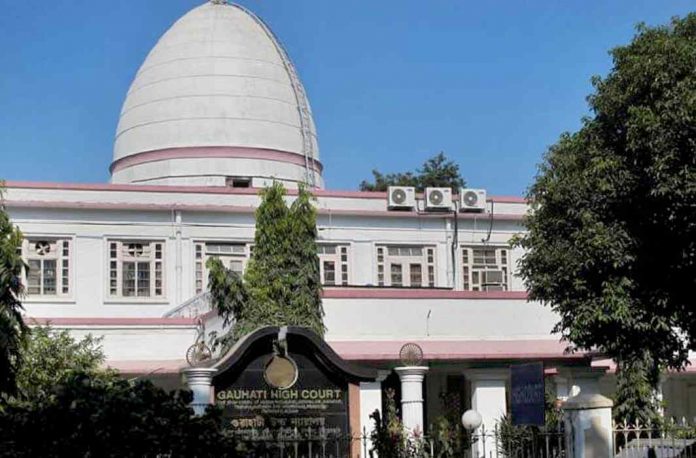The Gauhati High Court on March 08 disposed of a Public Interest Litigations (PILs) filed highlighting the various anomalies 22 irrigation projects undertaken by the Irrigation Department which have not been completed.
The PIL was filed by Long Kumar Bey, who also prayed for a direction to the concerned authority for completion of the projects. There are other prayers as well.
One of the primary objections raised by the respondents is that another PIL was also filed before the High Court in the similar case which was dismissed by a Division Bench of the High Court on 24.08.2017.
The matter was also taken to the Apex Court where the SLP was dismissed with liberty to move a review petition in the earlier PIL. Thereafter, a review petition was filed which was also dismissed.
Therefore, the principal ground taken by the respondents is that the matter is covered by res judicata and cannot be agitated again.
Also Read: Private detectives: Delhi High Court asks Centre for laws to regulate their conduct, modus operandi
Be that as it may, the counsel for the petitioner argued that in the present case, the subject matter is 22 projects which were not covered in the earlier PIL.
On this, the reply of the Karbi Anglong Autonomous Council is that the projects, in any case, have been completed, a fact which is denied by the petitioner.
Therefore, the present controversy is reduced to a finding as to whether the projects have actually been completed or not. As stated earlier, the stand of the Karbi Anglong Autonomous Council is that these projects have been completed.
Also Read: Veracity of the allegations not a deciding factor in issuance of summons: Allahabad High Court
While considering the same , the Division Bench of Chief Justice Sudhanshu Dhulia and Justice Soumitra Saikia clarified that in case the petitioner has some reports or evidence before him to suggest that the projects have not been completed, he would always be at liberty to approach the Principal Secretary, Karbi Anglong Autonomous Council, who shall verify the matter and pass appropriate orders therein.
With the above observation, the High Court disposed of the PILs.


